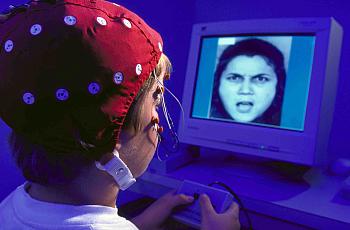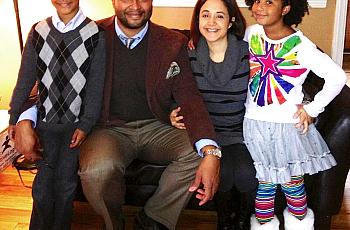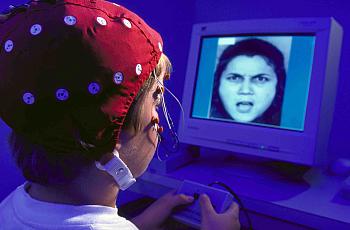
Arielle Levin Becker
Communications Director

Communications Director
Arielle has been communications director for the Connecticut Health Foundation since April 2017. A seasoned health care reporter and policy expert, she previously reported for The Connecticut Mirror, a nonprofit news organization dedicated to politics and public policy, where she spent six years writing about complex policy and health care topics. In this position, Arielle focused on federal and state legislative and regulatory changes impacting the health care system. She also developed comprehensive consumer guides to health insurance. She was a 2014 Center for Health Journalism National Fellow. Previously, Arielle served as The Hartford Courant’s chief education reporter and then as its health reporter. In this position, she covered topics ranging from local hospitals to access to care, as well as federal and state policy issues including the Affordable Care Act and Medicaid. Arielle is a graduate of Yale University. Having spent years dissecting health care policy, including ongoing coverage of the Affordable Care Act, Arielle is skilled at translating complex policy issues into understandable information accessible to the average person.
.

A growing body of evidence suggests that a child’s exposure to trauma and stress can have profound mental and physical health consequences later in life. Arielle Levin Becker recently set out to explore that link and collected some key reporting lessons along the way.

When reporter Arielle Levin Becker set out to interview families involved in a home-visiting program, she found unexpectedly difficult. The reservations voiced by potential sources ultimately led her to rethink how she approaches interviews in general.

Nelba Márquez-Greene’s family experienced a high-profile trauma when her daughter, Ana, was killed at Sandy Hook Elementary School. But before that, she understood trauma as a mental health professional. She says we need to do a better job of recognizing and responding when children need help.

From providing mental health care at the supermarket to training pediatricians in infant mental health, some in health care and social services are trying to apply the lessons of brain science and development to prevent problems that can threaten children’s health and well-being.

Science suggests that having a secure relationship with a caregiver can help protect a child’s brain and body from the effects of adversity. A Connecticut program for very young children who have experienced trauma or other challenges has gotten results by focusing on that relationship.

Research has linked exposure to abuse, neglect and other forms of severe adversity in childhood to a wide range of mental and physical diseases and disorders. Can understanding this make a profound change in the way we prevent illness?

So much crucial brain development occurs in the first three years of life that one researcher jokes that to him and his colleagues, 3-year-olds are practically middle aged. And yet,the first three years of life often get comparatively little attention in mental health or education policies